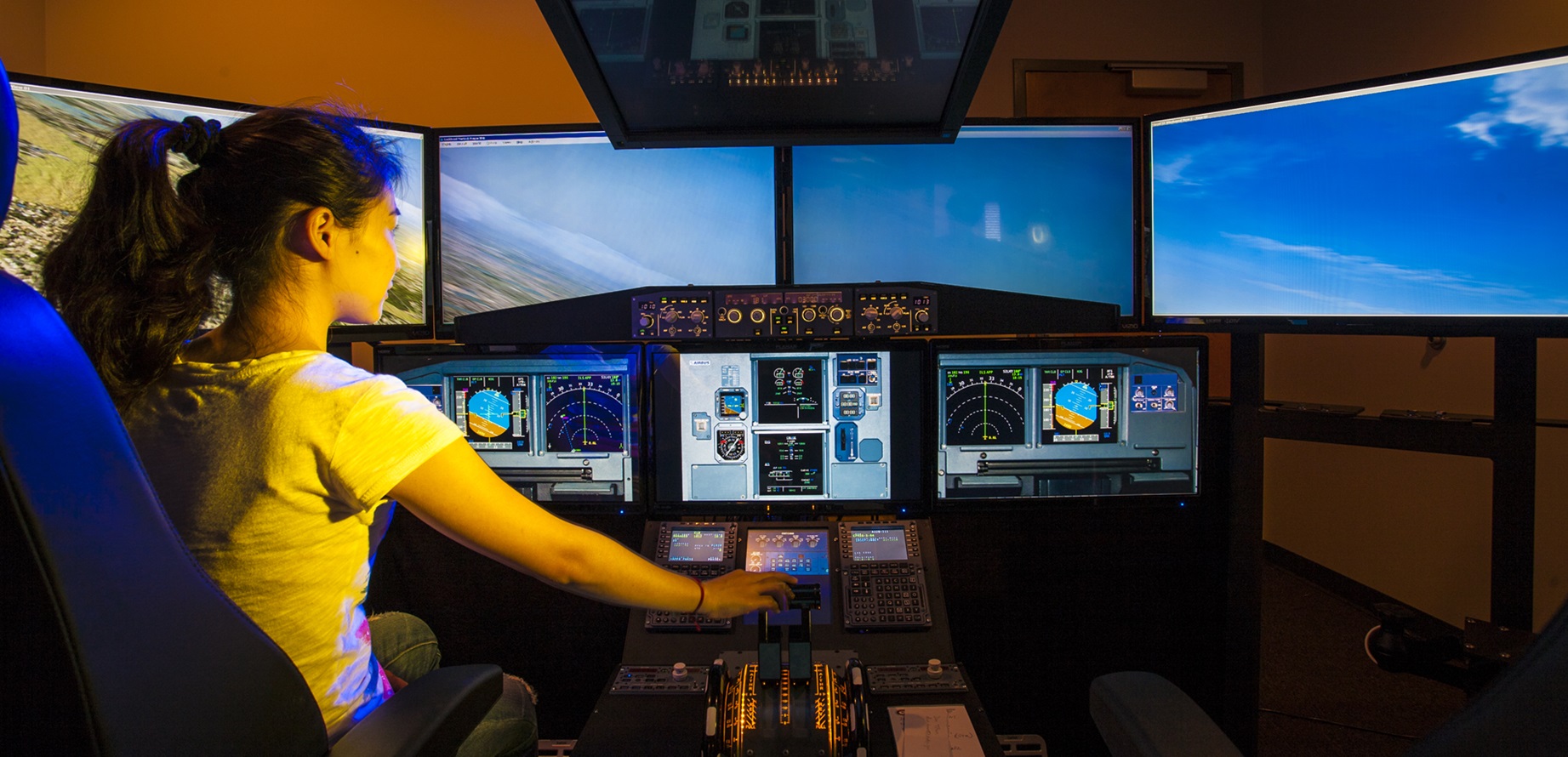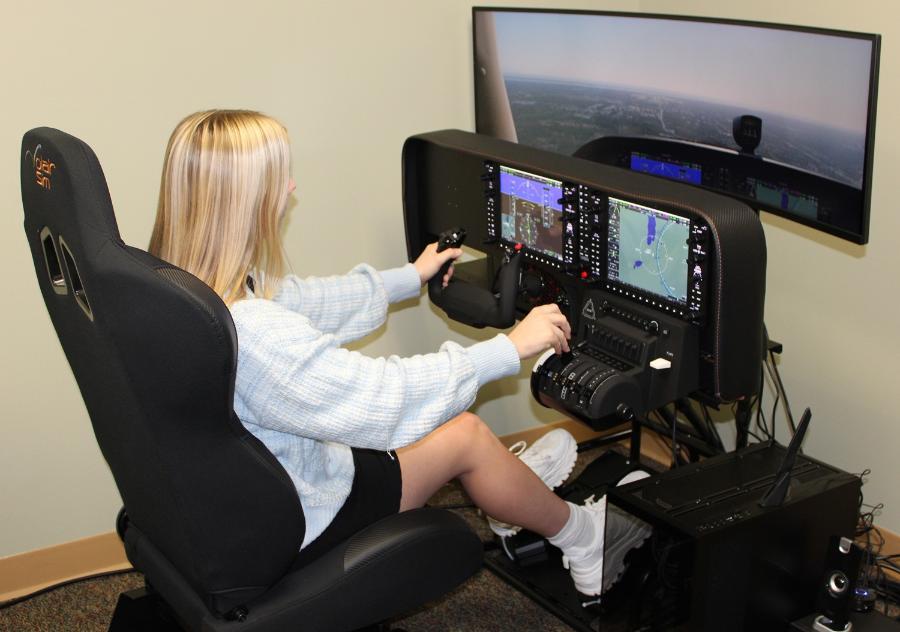Careers in Human Factors in Aeronautics
Graduates of the human factors in aviation master’s program are prepared for careers that focus on improving safety, efficiency and usability in aviation and related industries. Roles may include:
- Product development team leader
- Integration specialist
- Ergonomist
- Safety scientist
- Technical specialist
- Human factors research scientist
- Usability expert
As technology evolves, graduates also find opportunities in areas such as flight testing, air traffic operations and advanced air mobility, applying their expertise to create safer and more effective human–machine systems.
Graduates of the human factors in aeronautics master’s program find opportunities across multiple sectors, including government agencies such as the FAA, NASA and the National Transportation Safety Board, private industry leaders in aircraft and avionics manufacturing, airlines and airports, and research institutions.
Many also contribute to defense and space organizations or consulting firms that specialize in safety, training and system design, applying human factors expertise to improve performance and reduce risk.

 Give to Florida Tech
Give to Florida Tech 


